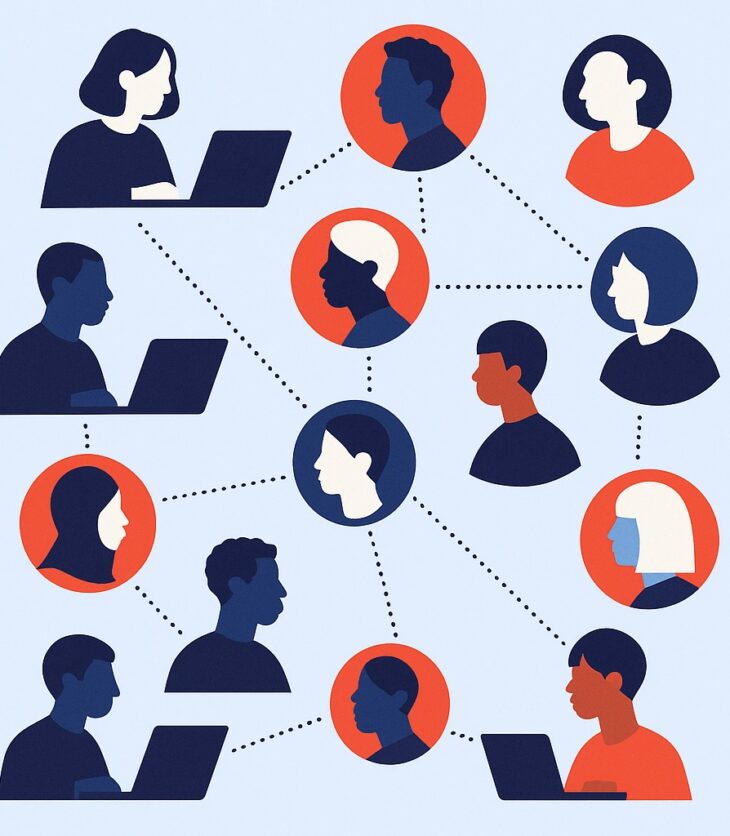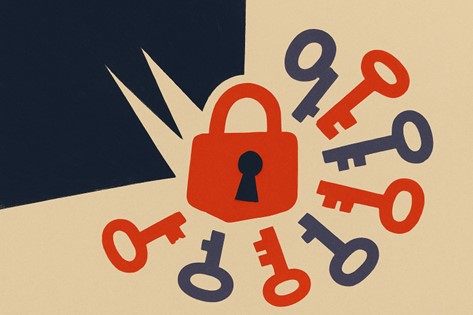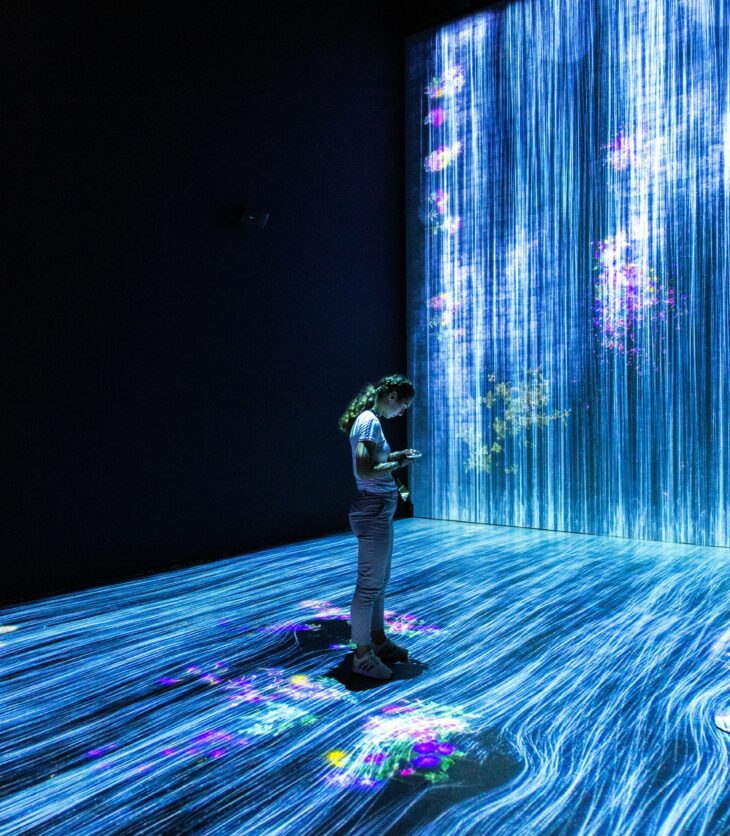December’s reading group draws on classic and emerging research to understand how humans and AI can work together to enrich educational practice and explore what makes the best human–AI team for learners.
Category: Digital education reading group
This month we’ll examine the Community of Inquiry framework (2000) alongside Xin’s (2012) critique, exploring why CoI became so influential, its practical strengths, and the risks of oversimplifying complex online learning.
Our discussion of a large-scale study on online learning design sparked critical reflections on structure, tutor presence, and what truly supports student success. Key takeaways from July’s reading group.
Leonard Houx leads July’s reading group, exploring new research that identifies specific online teaching practices that truly support student success.
How can games and play enrich engagement and identity in higher education? Key takeaways from June’s reading group.
This June, our Reading Group returns to playful learning. From game-based design to joyful nonsense, we’ll explore how a playful mindset can bring curiosity, connection, and care into online education.
Are today’s digital tools just helping us survive, or are they changing what it means to be human? Key takeaways from April’s reading group.
This month’s reading group explores how tools, media, and AI entangle with human thought, challenging us to rethink where cognition happens—and who or what gets to do the thinking.
GenAI challenges traditional approaches to academic integrity as detection methods become less effective. This month we explore how authentic assessment may help balance the risks and opportunities of AI in higher education.
This month we’ll be exploring how AI is changing our roles, and the increasingly critical role of instructional design in an AI world.










